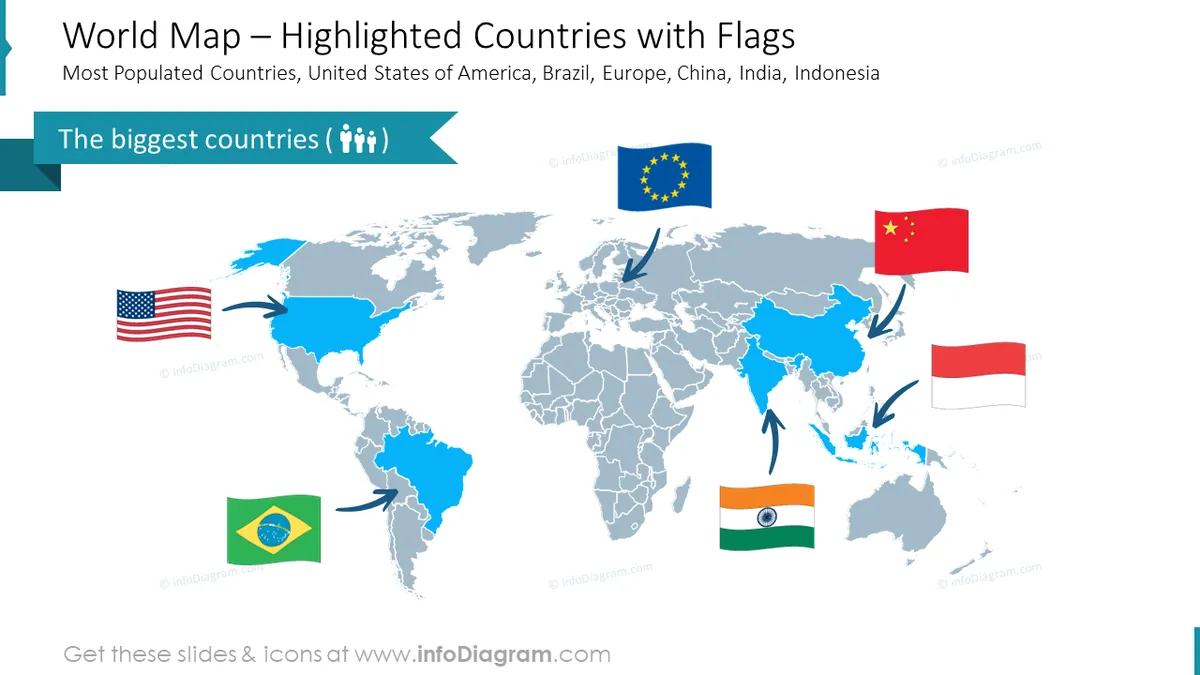Europe: The Cornerstone of US Global Strategy in the 21st Century
Analysis of Europe's crucial role in US foreign policy, emphasizing its strategic importance over Asia and the Middle East. Explores economic, military, and cultural ties underpinning this pivotal relationship.

In an era of global power competition, the United States' strategic focus on Europe remains paramount. Despite pressing challenges in Asia and the Middle East, securing Europe and maintaining the trans-Atlantic alliance are crucial for America's global influence.
The importance of Europe in US strategy is rooted in several key factors:
Economic strength: The European Union stands as America's most significant economic partner when considering goods, services, and investments. US investments in Europe quadruple those in Asia, while European investments in the US are tenfold compared to China and India combined. This economic interdependence forms a robust foundation for the balance of power.
Military alliances: NATO encompasses 30 US allies in Europe, compared to six in the Indo-Pacific. The collective GDP of European NATO allies reached $20 trillion in 2024, with their combined defense spending totaling $383 billion in 2023. These figures underscore Europe's military significance to the US.
Geostrategic position: Europe's central location allows the US to project power across Eurasia, including towards Ukraine, Russia, the Levant, and the Indian Ocean. This strategic advantage is unmatched by the coastal regions of East Asia.
Reputation and historical investment: The US has invested over a century in shaping modern Europe. From 1917 to 1991, spanning two world wars and multiple administrations, America worked to transform Europe into a continent of free-market democracies. This legacy makes Europe a crucial test of US resolve and commitment.

The ongoing conflict in Ukraine serves as a critical juncture for US foreign policy. It provides an opportunity for the US to demonstrate its commitment to European security and reinvigorate its defense industrial capabilities. The crisis has prompted increased production of essential military equipment and ammunition, benefiting both Ukraine and the US military.
"Power is not only about material factors; it is also a reflection of the perception that other countries hold of a country's power and willingness to use it."
This perspective underscores the importance of maintaining US credibility in Europe. A failure to support Ukraine could have far-reaching consequences for America's global standing and its ability to deter aggression elsewhere.
The US-EU relationship extends beyond military and economic ties. The two entities collaborate on various global issues, including:
- Counterterrorism efforts through the US-EU Passenger Name Record Agreement
- Energy cooperation via the US-EU Energy Council, established in 2009
- Economic integration through the Transatlantic Economic Council, created in 2007
- Climate action, jointly leading the Global Methane Pledge
- Trade and technology coordination through the US-EU Trade and Technology Council, established in 2021
These partnerships highlight the depth and breadth of trans-Atlantic cooperation, reinforcing Europe's role as the cornerstone of US global strategy.
In conclusion, while the US faces significant challenges in Asia and the Middle East, prioritizing Europe remains crucial. By securing its European alliances and interests, the United States can better position itself to address global threats, including the rise of China. The adage "Europe first, Asia second" continues to hold true in the 21st century, guiding US strategic thinking in an increasingly complex geopolitical landscape.


































